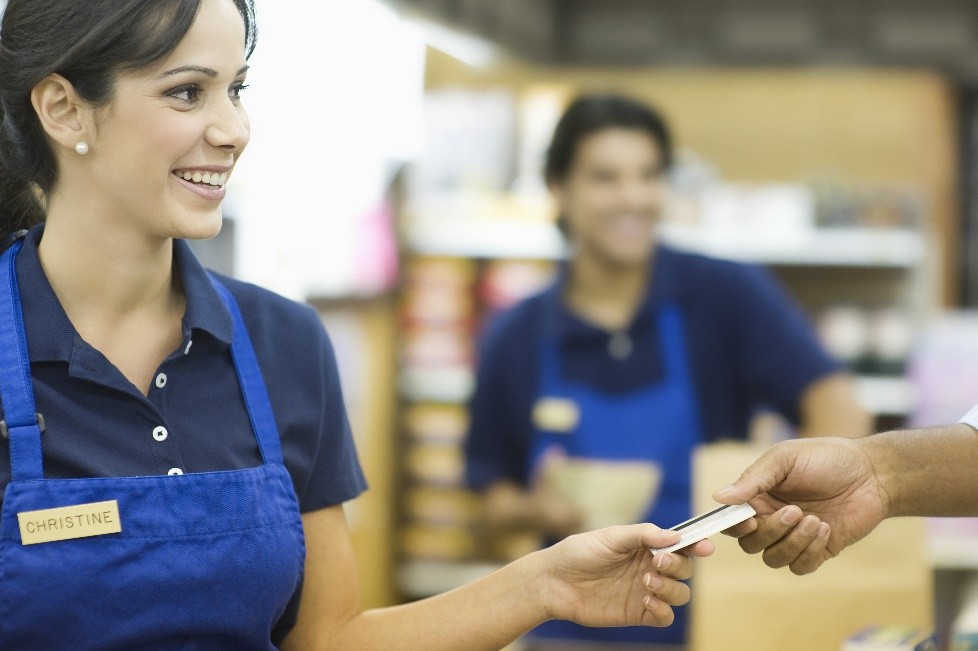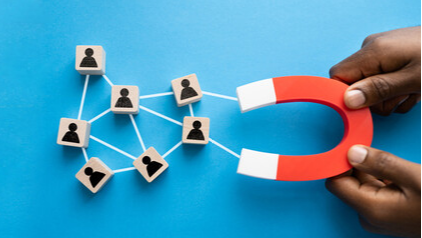What is Customer Loyalty & Why is it Important?

Importance of Customer Loyalty Programs:

2. Customer Retention: Retaining existing customers is more cost-effective than acquiring new ones. Loyalty programs help reduce churn rates by providing incentives for customers to stay loyal to the brand.
3. Enhanced Customer Experience: Loyalty programs can contribute to an improved overall customer experience. By providing exclusive perks and rewards, businesses show appreciation for their customers’ loyalty and create a positive impression.

5. Brand Engagement: Loyalty programs create opportunities for ongoing engagement with customers. Regular communications about rewards, promotions, and offers keep customers connected to the brand.

7. Competitive Advantage: A well-designed loyalty program can differentiate a brand from competitors. Customers may choose to stick with a brand that provides additional value through its loyalty program.
8. Cross Selling and Up and Selling: Loyalty programs can be used to promote cross-selling and up-selling. By offering rewards for exploring new products or spending more, businesses can increase the average transaction size.
9. Personalization: Loyalty programs enable businesses to personalize offers and rewards based on individual customer preferences. This personalized approach enhances the customer experience and increases engagement.

11. Brand Advocacy: Loyal customers who benefit from a loyalty program are more likely to become brand advocates, actively promoting the brand within their social circles and online networks.

In short, customer loyalty programs are important tools for businesses to strengthen customer relationships, drive repeat business, and foster brand advocacy. By offering incentives and rewards for ongoing engagement, businesses can create a loyal customer base that contributes to long-term success and sustainable growth.
